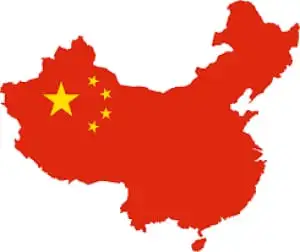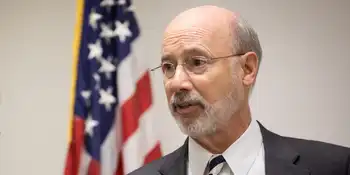California electricity surcharge program criticized
In Sacramento, California electricity users have paid $700 million in surcharges for research on clean and efficient energy production, but not all of the money may have been well spent and the program should be overhauled or killed, state officials say in a new report.
Legislative Analyst Mac Taylor has concluded in a review of the program that about 10 of the money collected by the California Energy Commission was spent on research not directly related to the purpose of the surcharges.
Questionable grants were awarded for research on deforestation, salmon habitat restoration and "the potential impact of climate change on bird distribution," Taylor said.
The evaluation was requested by state Sen. Alex Padilla D-Pacoima, who as chairman of the Senate Energy Committee is considering whether to support an extension of the fee when it expires in 2012.
Padilla said recently that some good energy research appears to have been done since the "public goods charge" was approved by the state in 1996. But he said he was not convinced that the program should continue without major changes.
"The Energy Commission has a lot of explaining to do before we can go to the public in good faith and say we should continue this surcharge," Padilla said.
An Energy Commission spokeswoman declined to comment, saying her office had not yet seen the report.
Related News

China to build 2,000-MW Lawa hydropower station on Jinsha River
BEIJING - China has approved construction of the 2,000-MW Lawa hydropower station on the Jinsha River, multiple news agencies are reporting.
Lawa, at the junction of Sichuan province and the Tibet autonomous region, will feature a 784-foot-high dam and the reservoir will submerge about 12 square miles of land. The Jinsha River is a tributary of the Yangtze River.
The National Development and Reform Commission of the People’s Republic of China is reported to have said that four turbine-generator units will be installed, and the project is expected to produce about 8.36 billion kWh of electricity annually.
Total investment in the project is…





